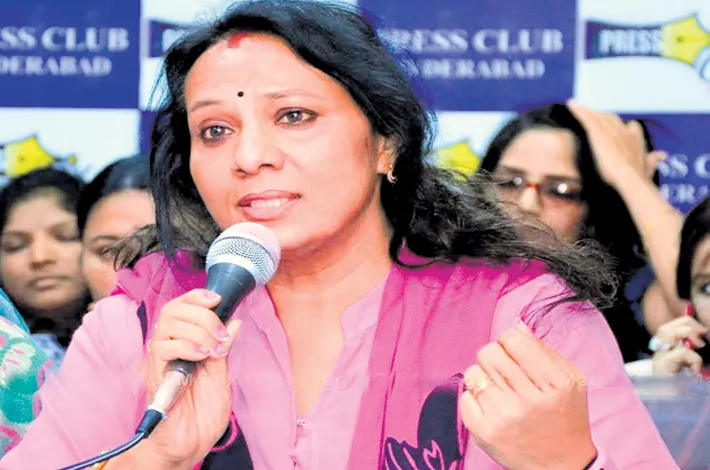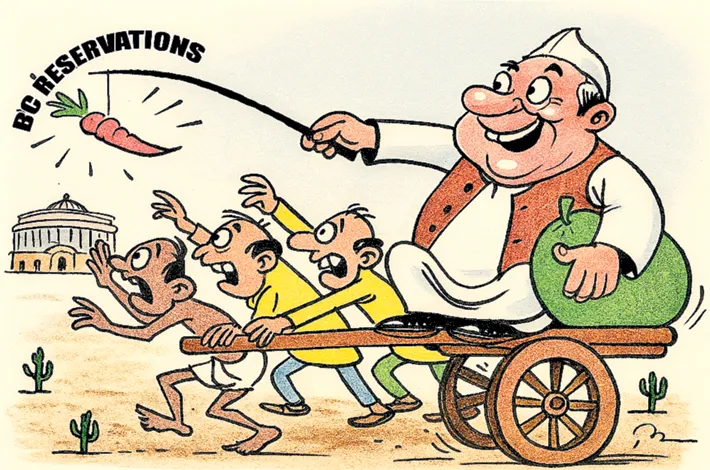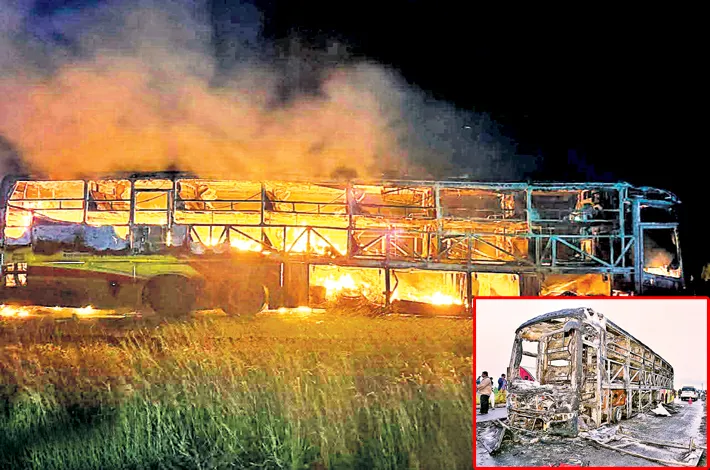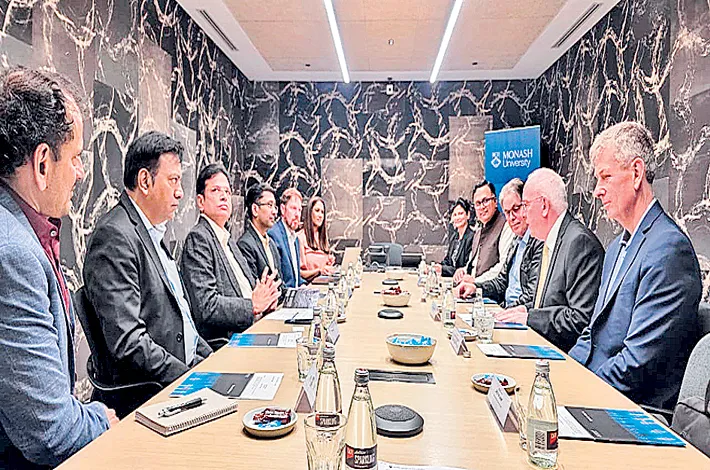Today’s wars are born from yesterday’s wounds
15-05-2025 12:00:00 AM

We talk of passing pollution free earth to the posterity, have we ever thought of giving the War Free zones?
Wars do not erupt overnight. They are not sudden storms, but slow-building tempests of history, ideology, and unresolved trauma. What the world witnesses today—in Gaza, Ukraine, Sudan, or along the borders of South Asia—is not the spontaneous failure of diplomacy, but the delayed detonation of past decisions left unhealed and unaddressed.
Modern conflicts are the unfinished chapters of historical injustice. They are shaped by borders drawn without consent, colonial occupations that ended without reconciliation, identities that were denied expression, and political promises that were broken. These are not distant relics of the past; they are fault lines buried just beneath the surface, waiting for pressure to erupt.
Take the enduring Israel-Palestine conflict—it is not merely a territorial dispute. It is the legacy of decades of displacement, disillusionment, and denial of dignity. The same applies to the partition scars of South Asia, the ethnic wars of the Balkans, or the insurgencies in parts of Africa. These are not isolated flare-ups but consequences of history’s neglect.
Nations often celebrate their victories but ignore the responsibilities those victories demand. Historical victimhood is remembered, but accountability is frequently omitted. As a result, many societies grow up on half-truths—glorified versions of the past that erase nuance and silence dissent. This selective memory breeds mistrust, entrenching identity politics and intergenerational bitterness.
The systems that perpetuate these conflicts are rarely dismantled. New leaders inherit old fractures—be it discriminatory laws, economic disparities, or institutional bias. And unless deliberately addressed, these inherited injustices keep looping back as rebellion, radicalization, or war. Leaders change, but unless their vision transforms how we process history, peace remains a pause rather than a resolution.
Today’s wars are not only fought with weapons but also with narratives. Identity has become a battleground. Memory, when manipulated, becomes a means to divide rather than unite. In such a world, reconciliation is harder because both sides are taught different histories. Peace is not just about ceasefires or treaties—it’s about shared understanding, and that begins in the classroom.
We must also acknowledge the global failure to invest in peace education. In a world where nationalism often distorts history into propaganda, students are taught who the enemy is, but not why conflicts started. They learn pride, but not humility; slogans, but not context. This produces generations that inherit not just memories of conflict, but also the prejudices that fuelled them.
The path to peace, therefore, lies not just in diplomacy or deterrence—but in historical honesty. We must unearth the truths buried under official silence. This means acknowledging colonial wrongs, addressing socio-political grievances, protecting minority rights, and enabling platforms for inclusive dialogue.
History must be treated not as a battlefield, but as a classroom. When societies study history to understand rather than dominate, they create space for empathy, accountability, and healing. Until then, today’s wars will continue to echo the unfinished business of the past—and tomorrow’s peace will remain elusive.
(Chada Rekha Rao is an educationist and is married to a Colonel)








